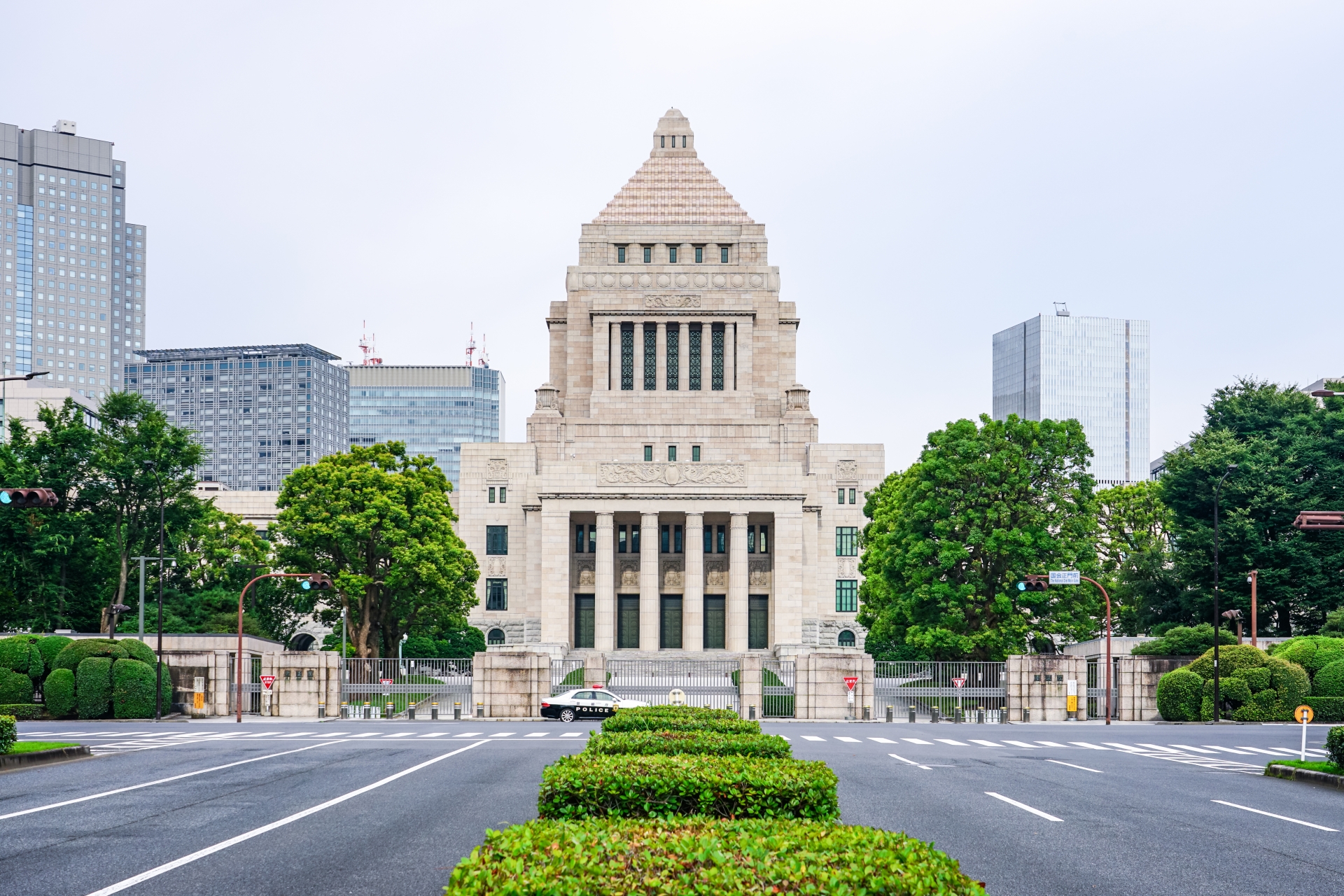There is no absolute justice
An election candidate once bravely and sharply criticized the government. After winning the election, s/he comes to repeat ambiguous remarks and looks like losing her/his former self. I’m sure you’ve seen sometimes this kind of change of mind. You may feel betrayed and think “I could always achieve social justice if I were in her/his shoes.” I didn’t mean to defend all the politicians but believe most of them are not that faithless.
It’s not worth it to become a politician at least in Japan. They are destined to be criticized not praised at all. First of all, I think there’s no such thing as absolute justice or evil. Indeed, it is right to pursue the greatest happiness for the greatest number in utilitarianism, but the tyranny of the majority sometimes hurts the minority so deep that people can’t coexist after confrontation. In a sense, decent politicians are meant to be ambiguous.
Ambiguity as an ancient wisdom
In terms of ambiguity, I believe Japanese people are second to none in the world. Majority vote is rarely adopted in a company meeting for example. Even company representatives don’t like to be seen as imposing their opinions. A consensus, decision, etc. are made ambiguously in most cases. This national character may be related to the uniqueness of the Japanese language that can complete sentences without a subject. Indeed, it irritated me a lot when I was younger. I condemned such people as irresponsible, but now come to think that Japanese ambiguity seen especially at work place may be ancient wisdom to keep working in harmony as an organization.

Ambiguity to absorb our differences
You may wonder how we can maintain the quality of work under such conditions as people don’t know clearly where responsibility lies. In fact, we don’t need other people’s eyes for accountability because of a genetic factor. According to a certain survey, Japanese people have more S-alleles of the serotonin transporter, and we are genetically more anxious (self-tortured). It is said to be the result of natural selection unique to the island country prone to a lot of natural disasters such as tsunamis, earthquakes, etc. In other words, we can’t work without ambiguity because we’re too anxious and scared.
I think it’s similar to backlash for wooden furniture. The joint parts of some wooden furniture must have backlash to absorb the expansion and contraction of wood. The modern age of digitalization allows less and less room for ambiguity, but I think physical things like humans, furniture, etc. still need it.

Shungo Ijima
He is travelling around the world. His passion is to explain Japan to the world, from the unique viewpoint accumulated through his career: overseas posting, MBA holder, former official of the Ministry of Finance.


Comments
List of comments (1)
[…] I personally think it’s closely related to the natural environment of our country. As I wrote in last article, Japan is the island country prone to a lot of natural disasters such as tsunamis, earthquakes, […]